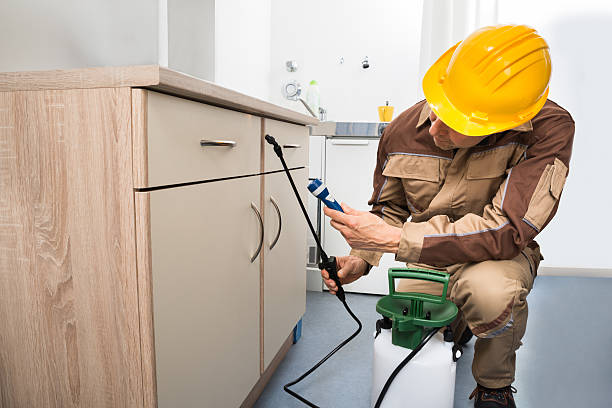The Importance of Pest Control
Identifying the pests in your area is important for the proper use of pest control strategies. Pests are animals or plants that can pose a risk to your health, your home, or your property. Some types of pests can cause harm, while others can be beneficial. The purpose of pest control is to reduce the number of pests to an acceptable level. It is also an effective way to protect your family from illnesses.
A pest can be an insect or a weed. In fact, you can find all kinds of different insects around you. For example, mice and rats can be a big problem. They can spread diseases and even damage crops and cars. You might also encounter cockroaches and poisonous spiders.
Many people tolerate some pests, but others may have problems. This is because the nature of the pest can affect how you interact with it. If you are trying to control a pest, you must consider the situation and decide when to take action.
Pests can cause significant damage to your home. Depending on the type of pest, you might want to hire a professional exterminator. An exterminator can help you to keep your home free of rodents, roaches, and bed bugs. Know more about pest control at http://www.huffingtonpost.com/entry/ortho-neonicotinoid-bees_us_570d5e46e4b01422324a76cf.
Termites, fire ants, wasps, and other pests can also have a negative impact on your health. They are carriers of bacteria, parasites, and pathogens. Some of these organisms can cause serious urinary tract infections and other illnesses.
Another problem is the danger of mosquitoes. These critters can transmit plague and typhus. Additionally, they can carry diseases that can affect your skin and respiratory health.
There are two main ways of controlling pests. Biological agro pest control uses natural enemies, while mechanical and physical methods involve modifying the environment to avoid or eliminate the presence of a pest. Integrated pest management is another approach that includes both biological and mechanical controls.
Integrated pest management focuses on long-term prevention. It involves using resistant varieties of plants, habitat manipulation, and modification of cultural practices.
Monitoring is an essential part of determining the effectiveness of your pest control strategy. You will want to inspect your home on a regular basis to check for infestations. Other factors that can influence pest populations include the weather, food supplies, and climate. You can prevent pests from moving by utilizing barriers, screening, lights, and refrigeration.
Using termite inspection pesticides is an effective method of controlling certain pests. However, it's important to know that some pesticides can be harmful to humans and pets. That's why you must only use pesticides that are authorized by the manufacturer. Also, it's important to follow the instructions on the label.
The best pest control strategy depends on the type of pest, the amount of control needed, and the environment. The goal of your strategy should be to minimize human and environmental risks.
Depending on the size of your infestation, you might need more than one technique. You should also remember that not all pests are killed by pesticides. Those that do not die from pesticides will pass on their trait to their offspring.

